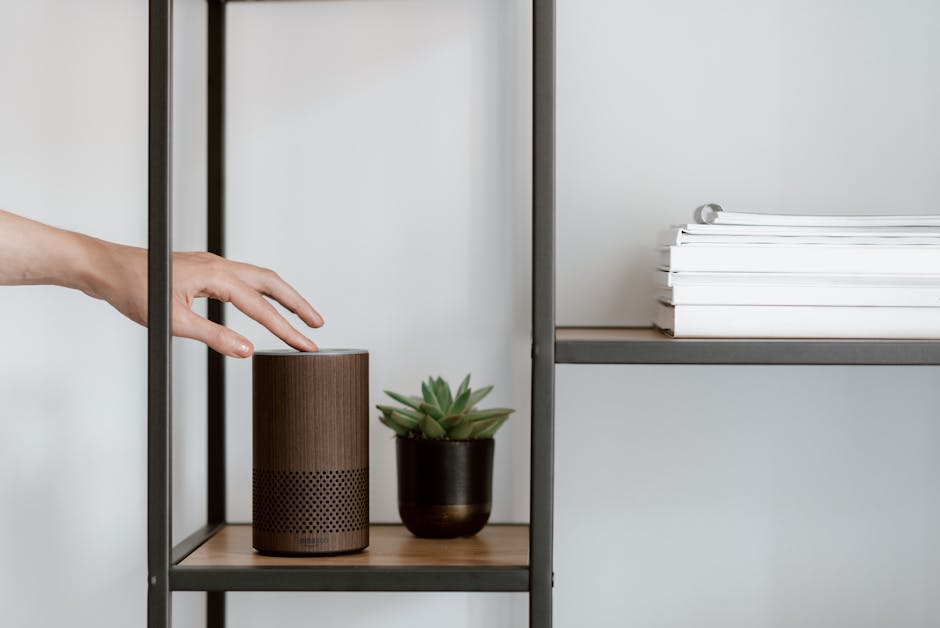 The initial capabilities of Voice Assistants were developed “in-house”, by Amazon, Google, Apple, and other Voice Assistant creators. However, many new abilities are being added by brand owners building Voice Apps. Anyone can use these Voice Apps, just by saying the name of the Voice App, sometimes referred to as an Invocation Name or Verbal Domain Name. And, as you might imagine, naming these Voice Apps is causing a problem for brands. Let’s look at why a brand should secure its Invocation Name ASAP.
The initial capabilities of Voice Assistants were developed “in-house”, by Amazon, Google, Apple, and other Voice Assistant creators. However, many new abilities are being added by brand owners building Voice Apps. Anyone can use these Voice Apps, just by saying the name of the Voice App, sometimes referred to as an Invocation Name or Verbal Domain Name. And, as you might imagine, naming these Voice Apps is causing a problem for brands. Let’s look at why a brand should secure its Invocation Name ASAP.
The Invocation Name Mess
The registration of Invocation Names is governed by the Voice Assistant (i.e. Amazon and Google). Amazon, which governs Invocation Names on Alexa, allows duplicates. This has resulted in over 4000 skills that share a name with another skill. Because of this, Alexa users run the risk of triggering a different service than they might expect.
This has resulted in a mess, but changing the Amazon Alexa policy now would result in a lot of skills being excluded from the voice assistant altogether.
Google Assistant’s approach is messy too. By not allowing duplicate Invocation Names, it is causing a first-come-first-served rush, which will also exclude brands from its platform.
Does Copyright Protect Invocation Names?
Many suggest brand owners copyright their brand names. And, even though, each voice assistant’s registration policy includes a copyright clause, it may not actually provide the expected protection.
If a brand has already copyrighted its name, such as Dominos or Starbucks, it has some protection. However, copyright might not help with Voice Assistants, because most brands copyright the visual aspects of the brand – the spelling, the fonts, the logo image, the colors. But with Voice Assistants, an Invocation Name is composed of the brand's sounds, not the spelling.
As an example, take the brand CapitalOne. Consider these three other brands: “Capitol 1”, “Capitol Won”, and “Kapital One”. All of these are very different visually, but since Amazon allows duplicate sounding names, speaking each name may trigger the other’s services. On Google, however, the first of these to register their invocation name would win exclusive use of the sounds.
Voice is the Future of Business-Consumer Interaction
According to Google, 27% of the online global population is using voice search on their mobile devices. The company also says that 62% of all people that have a smart speaker will make a purchase using voice technology.
Also, over 43% of smart speaker owners have one in the living or family room. Over 41% have one in the kitchen, and over 13% have one in the bathroom. And the leading room in the house for smart speakers is now the bedroom, with over 45% of the share. These are all places that are usually bustling with activity. And people use smart speakers in these places for many different activities.
Today, nearly every major player in the voice assistant game, from Amazon Alexa, to Google Assistant, to Samsung’s Bixby, has millions of users. In the grand scheme of things, voice will become a major player in how people interact with a brand, from getting information, listening to blog posts, getting help, playing a podcast, and even making purchases.
Companies around the world should take this as a sign that voice interactions are here to stay. If they want to lead in this golden opportunity, they should start securing their brand invocation names before they get swiped up.
Businesses around the world should start selecting phrases that simplify a customer’s interactions with their services. If they miss out, they may have to re-train their audience to engage with a different brand phrase.
If companies want to take advantage of the Voice Assistant market, securing invocation names is essential.

